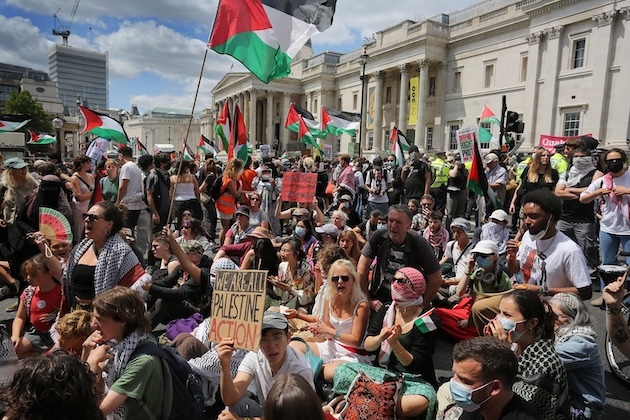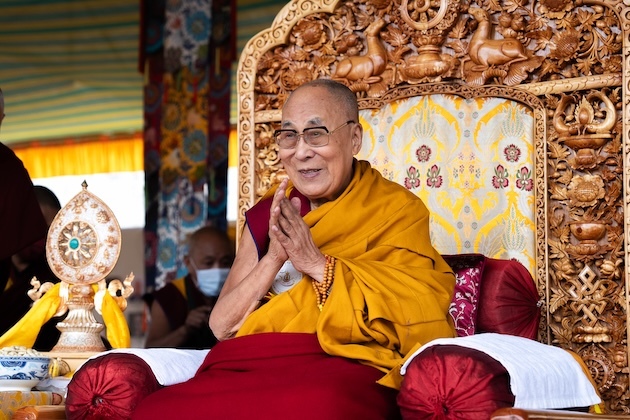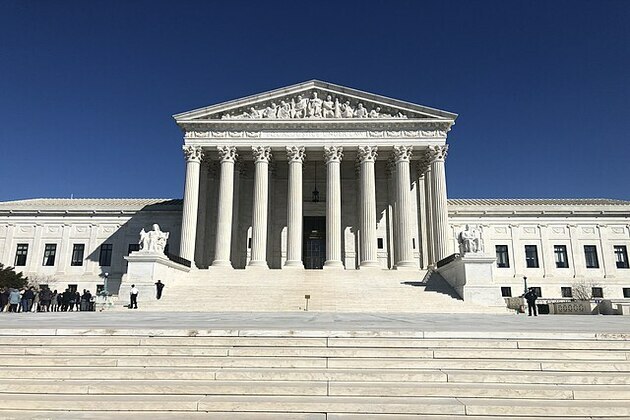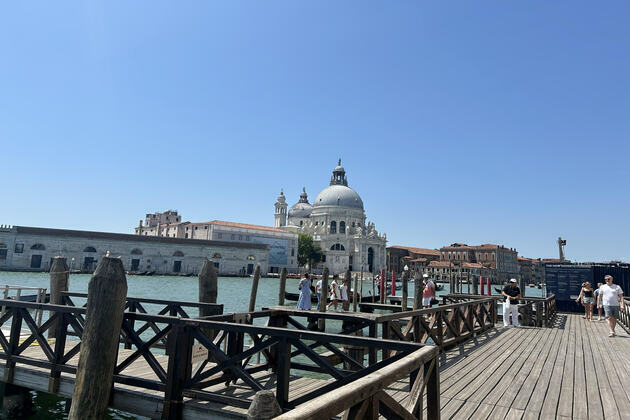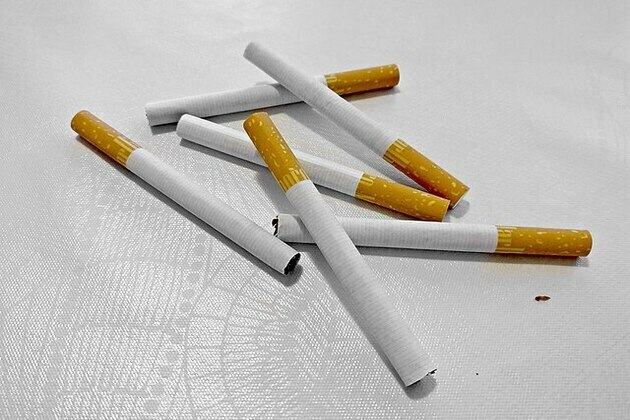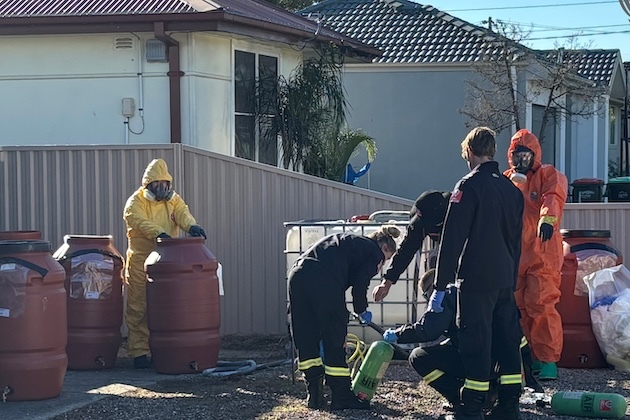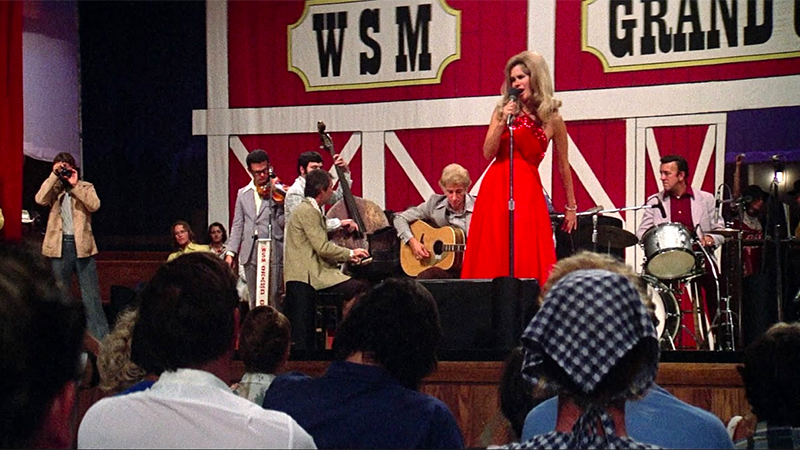Grattan on Friday: how two once hot-button issues this week barely sparked media and political interest
The Conversation
03 Jul 2025, 10:21 GMT+10
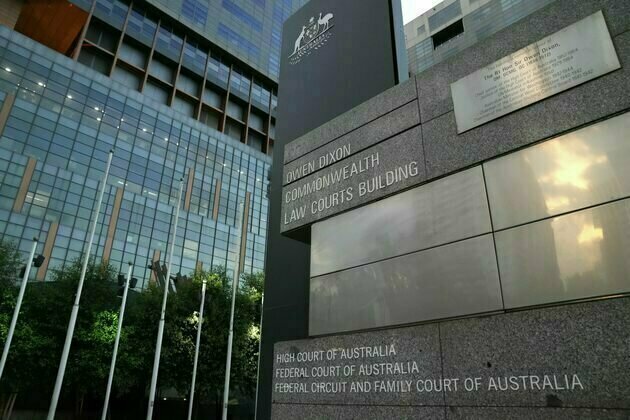
Political and news cycles often work in a certain and predictable way. Issues flare like bushfires, then rage for weeks or even months, until they are finally extinguished by action or fade by being overtaken by the next big thing.
On two very different fronts this week, we're reminded how these cycles work.
During the last term, the opposition constantly hammered the government over its handling of the former immigration detainees released after the High Court found they couldn't be held indefinitely. These included people who had committed murder, child sex offences and violent assaults.
On Sunday, Home Affairs Minister Tony Burke admitted in a television interview that the legislation the government passed to re-detain some of these people was, in effect, impossible to use. Burke's comments attracted only limited attention.
The other reminder of an old story came when the Federal Court ordered a militant Muslim preacher to remove inflammatory lectures from the internet. He had lost a case brought by the Executive Council of Australian Jewry under Section 18C for the Racial Discrimination Act. More than a decade ago, political passions ran high in conservative circles about the alleged evils of 18C.
First to the Burke admission. Burke told Sky he had "a lot of resources" dedicated to trying to get applications to court for preventative detention orders. But "no one has come close to reaching the threshold that is in that legislation". Burke insisted he was "not giving up", but there is little reason to believe things will change. The opposition has suggested amending the preventative detention legislation, but Burke says that would hit a constitutional obstacle.
For a long time, the government had kept saying it was working up cases to put to the court (and given the impression action was close). But, realising the difficulty, it also passed legislation facilitating the deportation of these people to third countries. There are now three former detainees due to be deported to Nauru, following a financial agreement with that country. But there's a hitch: their deportations are tied up in court appeals. (They are, however, able to be held in detention while the cases proceed.)
The challenge still presented by the former detainees in the community is no small matter, despite the political storm having calmed and the media interest dissipating.
In evidence in Senate estimates in March, the Department of Home Affairs said 300 people had been released from immigration detention as at the end of February. Of these, 104 had offended since release, and 30 were incarcerated (including on remand). Some 83 had only a state or territory criminal charge; seven only a Migration Act charge; 14 people had both a Migration Act charge and a state or territory charge. In recent weeks, one former detainee is alleged to have murdered a photographer in Melbourne.
The political context can be very relevant to whether the embers of an old issue re-spark into something major.
Prime Minister Anthony Albanese's decision last year to put Burke into home affairs was something of a political masterstroke. If Clare O'Neil and Andrew Giles had still been in their former respective portfolios of home affairs and immigration, the present failure to deal more successfully with the former detainees would have been a much bigger issue. Burke is skilled at throwing a blanket over contentious areas.
On the other side of politics, James Paterson was moved out of home affairs to become shadow finance minister in Sussan Ley's reshuffle. Paterson pursued the former immigration detainees relentlessly. The new spokesmen, Andrew Hastie (home affairs) and Paul Scarr (immigration) haven't hit their strides yet, and what they have said on the issue hasn't grabbed much attention.
The government would have been under more pressure on the issue if parliament were sitting. But the new parliament doesn't meet until July 22.
When it does, one of the new arrivals will be a former face, Liberal MP Tim Wilson. Way back when, Wilson was a player in the story of 18C. For him, the way 18C resurfaced this week contains more than a little irony.
In February 2014, Wilson took up his post of Human Rights Commissioner, appointed by the Abbott government with the special brief of promoting freedom of speech. (He was even dubbed the "freedom commissioner".)
The Abbott government was strongly opposed to section 18C of the Racial Discrimination Act, which made it unlawful to "offend, insult, humiliate or intimidate" a person or group because of their race or ethnicity.
The assault on 18C ran into vigorous opposition from ethnic and other groups, including the Executive Council of Australian Jewry. In the end, then prime minister Tony Abbott retreated. Wilson was disappointed, tweeting: "Disturbed to hear the government has backed down on 18c and will keep offensive speech illegal. Very disturbed."
In his 2025 bid for election, Wilson - who had been member for Goldstein from 2016-2022 - was helped by the Jewish vote, after the rise of antisemitism.
The debate about free speech has moved on a great deal since the days of the Abbott government, when conservatives were particularly agitated about 18C following a court judgement against journalist Andrew Bolt relating what he has written about some fair-skinned Indigenous people.
Today's debate is in the context of "hate speech" associated with the Middle East conflict. Hate-crime laws have provoked another fierce round of controversy about the appropriate limits to put on "free speech".
The Executive Council of Australian Jewry brought its case under the 18C civil law against preacher William Haddad, from Western Sydney, after no action was taken by the authorities under the criminal law.
Haddad described Jews as "a treacherous people, a vile people", among other offensive remarks, that included saying: "The majority of banks are owned by the Jews, who are happy to give people loans, knowing that it's almost impossible to pay it back". Haddad argued in his defence his lectures drew on religious writings, relating them to contemporary events, and were delivered for educational purposes.
Finding against Haddad, Judge Angus Stewart said the lectures conveyed "disparaging imputations about Jewish people and that in all the circumstances were reasonably likely to offend, insult, humiliate and intimidate Jews in Australia".
Reflecting on this week's decision, George Brandis - who was attorney-general during the 18C furore - says, "My view hasn't changed. It should not in a free country be either criminally or civilly actionable to say something that merely offends. However, in this case the conduct went far beyond mere offence, to intimidation. It did not require 18C to get the redress that was sought in the case."
Wilson does not wish to re-enter the debate. The new opposition industrial relations spokesman says his focus is "my portfolio responsibilities".
It's likely many of those who fought 18C years ago hold to their original view, while having to applaud the judgement made under it this week. That's another irony.
 Share
Share
 Tweet
Tweet
 Share
Share
 Flip
Flip
 Email
Email
Watch latest videos
Subscribe and Follow
Get a daily dose of Australian Herald news through our daily email, its complimentary and keeps you fully up to date with world and business news as well.
News RELEASES
Publish news of your business, community or sports group, personnel appointments, major event and more by submitting a news release to Australian Herald.
More InformationInternational
SectionUK lawmakers desigate protest group as terrorist organization
LONDON, UK - Lawmakers in the United Kingdom have voted overwhelmingly to proscribe the direct-action group Palestine Action as a terrorist...
Dalai Lama to address Buddhist conference, reveal succession plan
DHARAMSHALA, India: The Dalai Lama is set to address a significant three-day conference of Buddhist leaders this week, coinciding with...
US Supreme Court backs Texas efforts to shield minors online
WASHINGTON, D.C.: In a significant ruling last week, the U.S. Supreme Court upheld a Texas law requiring age verification for users...
Turkey, France battle wildfires amid early Europe heatwave
ISTANBUL/PARIS/BRUSSELS: As searing temperatures blanket much of Europe, wildfires are erupting and evacuation orders are being issued...
Venetians protest Bezos wedding with march through the town
VENICE, Italy: Over the weekend, hundreds of protesters marched through the narrow streets of Venice to voice their opposition to billionaire...
New French law targets smoking near schools, public spaces
PARIS, France: France is taking stronger steps to reduce smoking. A new health rule announced on Saturday will soon ban smoking in...
Sydney
SectionWestern Sydney raid results in seizure of $25 Million in drugs
SYDNEY, NSW, Australia - , Australian Federal Police (AFP) have shut down a secret drug lab in Sydney's west and seized more than 100kg...
UN Demands End to Myanmar Violence as Junta’s Election Plans Risk Further Instability
Nearly three months after a devastating earthquake struck Myanmar, the country remains trapped in a deepening crisis, compounded by...
Fresh IVF error raises alarm over clinic safety and oversight
MELBOURNE, Australia: A second embryo mix-up in just two months has pushed one of Australia's largest IVF providers back into the spotlight,...
Australian PM rejects US pressure to ease biosecurity rules
SYDNEY, Australia: Australia will not ease its strict biosecurity rules during trade talks with the United States, Prime Minister Anthony...
Grattan on Friday: how two once hot-button issues this week barely sparked media and political interest
Political and news cycles often work in a certain and predictable way. Issues flare like bushfires, then rage for weeks or even months,...
Sri Lanka crush Bangladesh with historic collapse in 1st ODI, win by 77 runs
Colombo [Sri Lanka], July 3 (ANI): Sri Lanka spinners Wanindu Hasaranga and Kamindu Mendis bagged seven wickets in the match as hosts...

